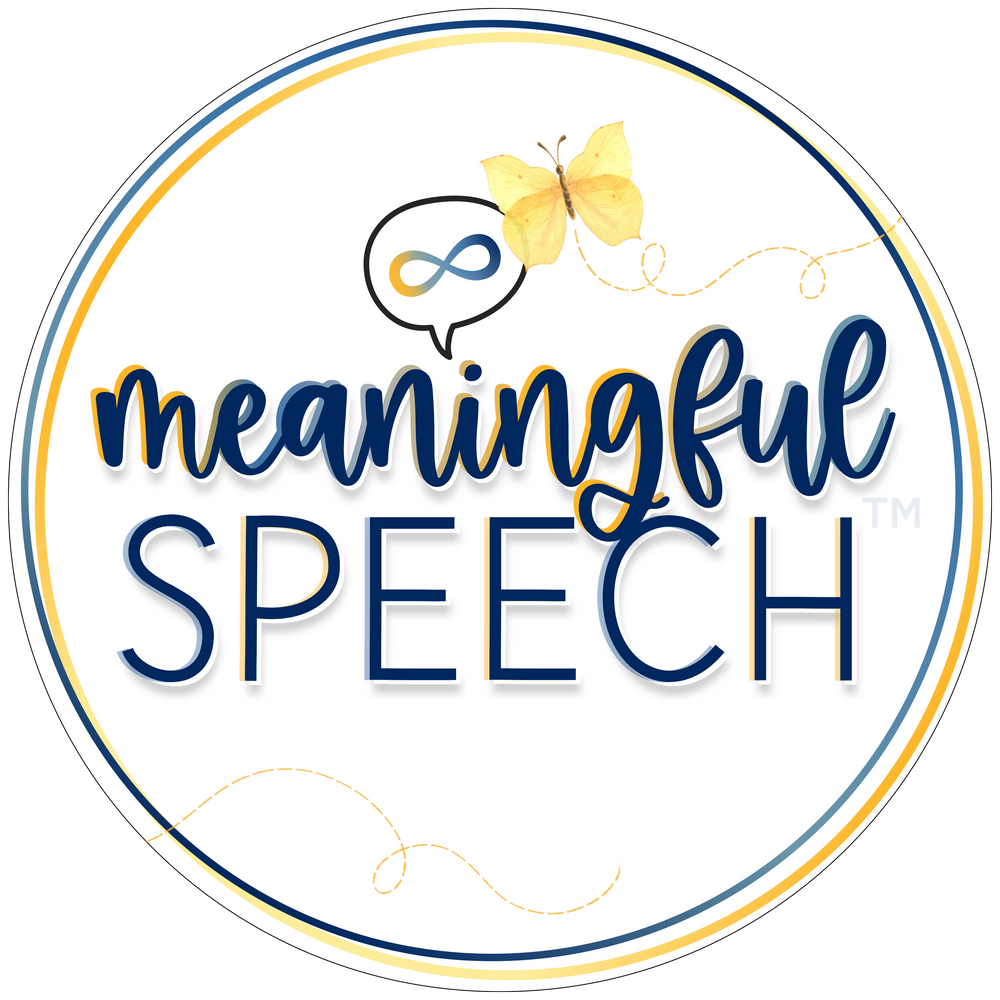Gestalt Language Processing and Comprehension
Dec 07, 2022
If you’re a parent of a gestalt language processor, you may have been told your child has a receptive language disorder, a comprehension difficulty, or is cognitively impaired. We get questions about this topic often, “Does my gestalt language processor understand directions?”, “Should my gestalt language processor have receptive language goals on their IEP?”, “Should I be concerned about comprehension”, etc.
Gestalt language processors in the early stages are not reliable test takers
Standardized testing is likely not giving you a full picture of your child’s comprehension skills. Until a child is self-generating language (using original, flexible language) in stage 4+, we cannot rely on standardized tests. We should presume receptive language competence until a child is able to process words as units (stage 3*) and communicate with their own novel language (stage 4+).
Instead, the best way to "test" a GLP is to take many language samples. Language samples will tell us which stage a child is mainly in and where we should "start" to support their language development. Very few professionals do this because standardized tests are considered the "gold standard" in many fields.
Gestalt language processors in the early stages process language as a larger unit that encompasses the experience, the intonation and the drama or emotion. Not the words (not yet, not in the early stages). This isn't a comprehension deficit.
Check out this example (provided by an SLP who is a course member):
Child: *Rolls pencils off the table while singing "Ten in a bed...roll over...roll over."*
The speech-language pathologist, (SLP), recognized it as a Stage 1 gestalt. She practices child-led therapy so she joined in and sang with the child and acknowledged his gestalt.
Then the SLP tried to get the child to clean up the pencils and put them back in the bin. She was confused why he wouldn't do it. Why couldn't he follow the clean up direction? You may be thinking he didn't understand… NOPE!
The child didn't clean up because the gestalt he had did not include cleaning up the item/pencils when they had "rolled over." Keep in mind that gestalts are NOT about the words in the early stages. The child is picking up the whole experience and that, along with the intonation, carries a meaning for the child.
Instead… I suggested that the SLP introduce a new gestalt to the child for cleaning up! Like the clean up song. Why? We can’t alter, change, or expand on stage 1 gestalts. So we can’t change the gestalt the child is currently using while rolling the pencils off the table to include cleaning up but we can create a completely new gestalt for the child for clean up! Children in the early stages need new gestalts.
What can you do to support a gestalt language processor when it comes to comprehension?
- Focus on language development. Learn about the Natural Language Acquisition framework (Blanc, 2012) and how to support your child's language journey.
- Educate and advocate at school and with outside providers. Most people haven’t heard about gestalt language development and many have been following the medical model of disability for years. They presume if a child doesn't follow the direction that they must have a comprehension deficit or attention difficulty. This is false.
- Encourage SLPs and special educators to write strengths-based goals. Providers should presume competence when it comes to receptive language until the child is in the later stages of their language development (Stages 4+ for GLPs).
- Don’t be afraid to have children memorize some information when it comes to safety. Although we don’t recommend directly teaching language, when it comes to safety it may be important. Gestalt language processors aren’t ready to answer questions in the early stages (Stages 1 & 2), but they may need to memorize the answer to “What’s your name?” for safety reasons.
- If you’re an SLP, remember that expressive and receptive language are not easily separated. We try to separate them but they are really so intertwined, especially with our GLPs in the early stages. It is best to talk about it in terms of language development and not "slice and dice it.”
Want to learn more in-depth information about how to support gestalt language processors?
-
There are many free podcasts, webinars and articles to get you started. A comprehensive list of resources can also be found on our website.
-
Consider taking the Meaningful Speech course to learn more about how your child or client processes language and how you can help move them from echolalia to self-generated (original flexible) language.
-
Consider joining the waitlist for our new AAC + Gestalt Language Processing course that will be released in February of 2023! It will teach you how to identify, evaluate and support gestalt language processors who use AAC.
-
Look for a speech-language pathologist (SLP) who "gets it" and can help you in supporting your child's language development. Check out our registry. for SLPs who understand gestalt language processing and child-led therapy.
